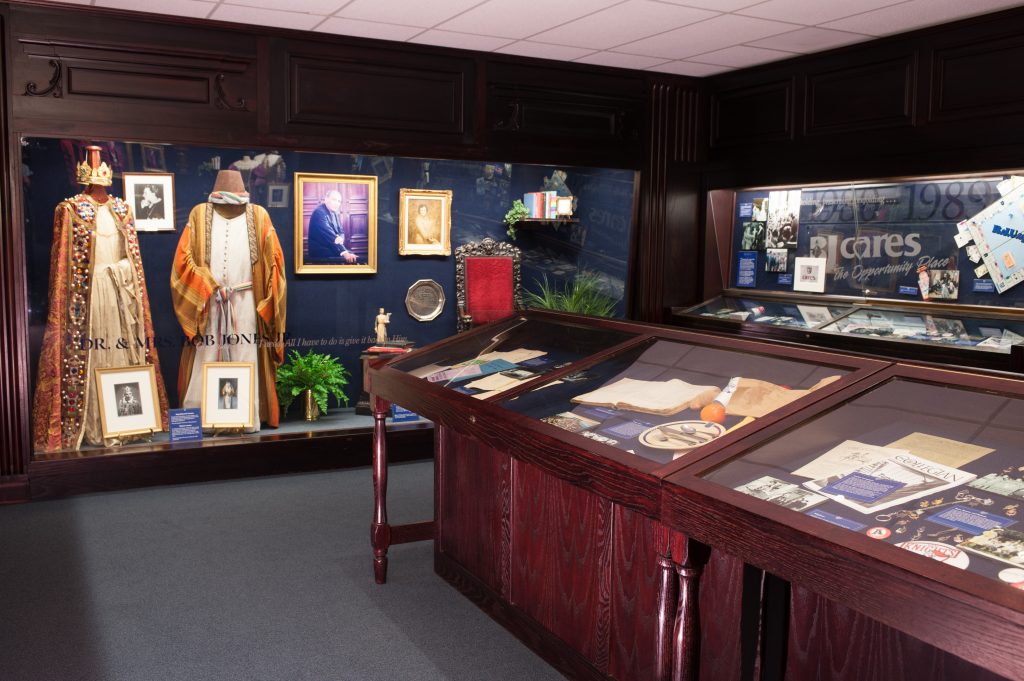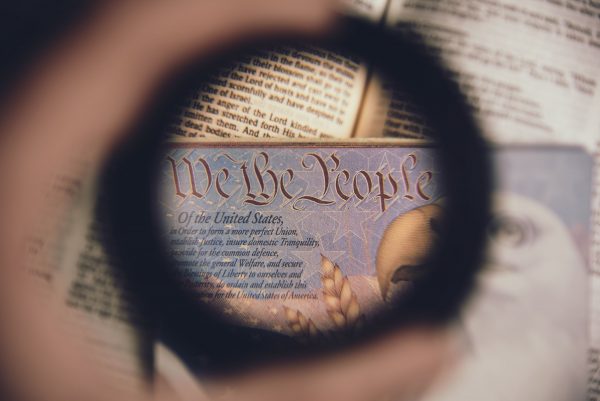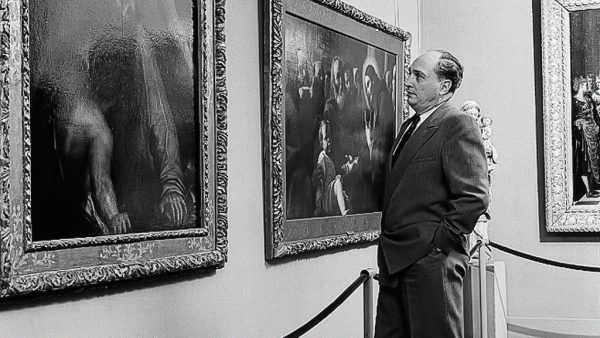Homeschool Friday visits sometimes make lasting impressions. P.J. Fox, a history major from Lexington, SC, still remembers a homeschool field trip to the Confederate Relic Room in Columbia, SC. That visit sparked a life-long interest in history. It also turned into a career plan after several more visits to area museums and some later volunteer work in museum archives. Now that he’s finished his degree in history at BJU, P.J. is looking forward to beginning a graduate degree. And he’s been accepted at the University of South Carolina’s School of Library and Information Science.
Majoring in History
History majors can choose courses from many different areas, P.J. says, but they all develop reading, research and writing skills. He enjoyed courses such as one that spotlighted the Middle East because they broadened his viewpoint on current world affairs.
In addition to his major requirements, P.J. added electives in other areas of interest, such as art. He also knew that the senior capstone history course, Historical Writing and Research, required original research and writing and drew on his previous connections with museums for ideas. Researching and writing challenge all history majors, P.J. says. He also values the research and writing skills he developed in another course, Historiography.
Besides coursework in history, P.J. says that a summer internship in a county museum’s archives was important. The experience helped him solidify his desire to pursue a career in archival work. When he investigated job requirements and sought career advice from colleagues, everything pointed to a graduate degree in Library Science.
Researching Careers
P.J. says he thinks majoring in history is a natural fit for someone interested in a degree in library science. Using library books, databases and archives for history papers showed P.J. many different facets of the academic library. He began looking at possible careers in libraries. Not surprisingly, people who are good at reading, researching and organizing often find library careers rewarding. And although present day libraries may focus less on print resources and more on digital access, they are increasingly filling other community roles as well. P.J. sees himself in museum archives, but he notes that the career outlook for librarians in other areas is respectable. The Occupational Outlook Handbook predicts average job growth for librarians compared to all careers during the next decade.
Degreed librarians may work in public libraries, university libraries, company libraries or school libraries. Some librarians interface with the public, helping people find and use information or planning community events. Other jobs may focus on choosing, purchasing, organizing or preparing materials for library use. P.J. also found that most jobs for professional librarians require a master’s degree to start, and some require a Ph.D.
Getting into Library School
The entrance requirements for Library Science graduate schools vary, but most programs accept a variety of undergraduate majors. Some early planning, however, benefits all students who are considering careers requiring graduate school. Since P.J. wanted to apply to the University of South Carolina, he checked out the required prerequisites for his program. He made sure to meet the minimum grade point average of accepted students. Scoring well on the Graduate Record Examination, a standardized test often necessary for graduate school admission, also helped his application.
P.J.’s advisers told him that his volunteer work at museums and his summer internship were definite advantages on his resume. P.J. also says that developing strong relationships with faculty members and work supervisors who could write him good recommendations helped him complete a competitive application. Although the words “graduate school” are still a little intimidating, P.J. thinks he’s well prepared for the challenge.








